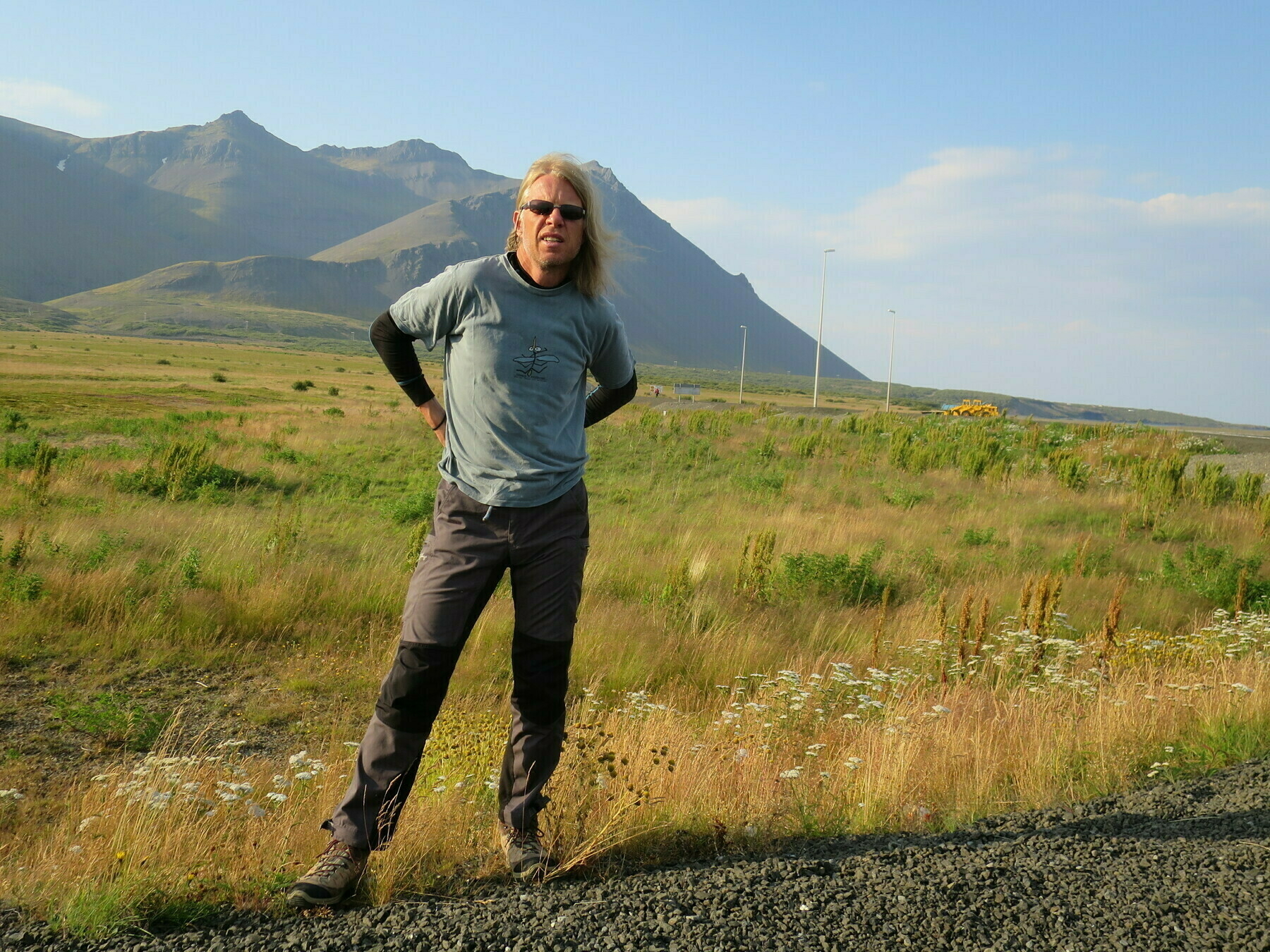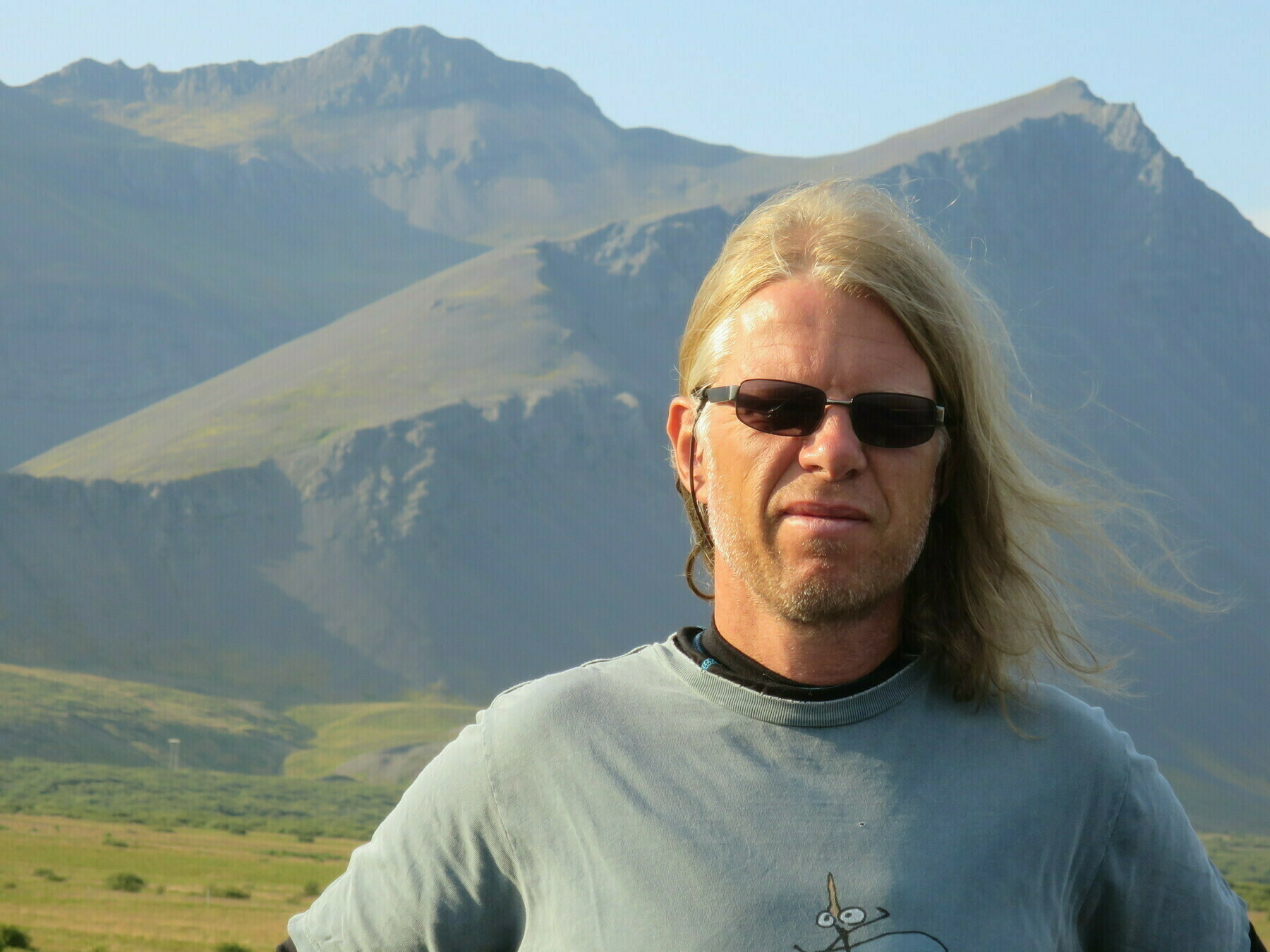Communicating the coronavirus crisis | plus.maths.org
Short of citing the entire article, I just quote this essential early part. But do go read the whole piece. It is important now, and in the future, for anyone with any level of power.
The first thing is that you should be communicating a lot, consistently and with trusted sources. You have to be open and transparent. You have to say what you do know and then you have to say what you don't know. You have to emphasise, and keep emphasising, the uncertainty, the fact that there is much we don't know. Then you have to say what you are planning to do and why. Finally, you have to say what people themselves can do, how they should act. The crucial thing to say is that this will change as we learn more.— Read on plus.maths.org/content/communicating-corona-crisis
Tack till Nicklas för pekaren.

